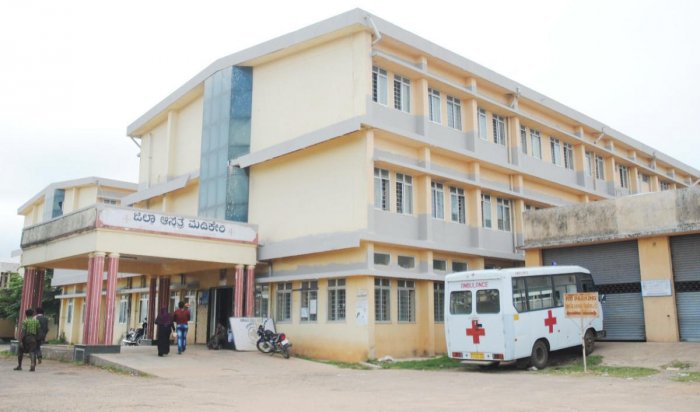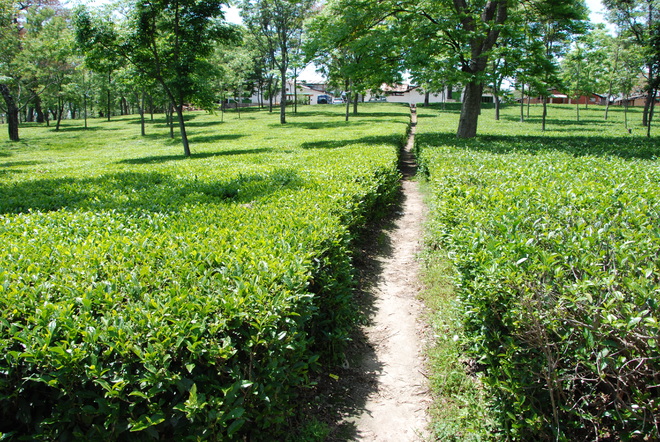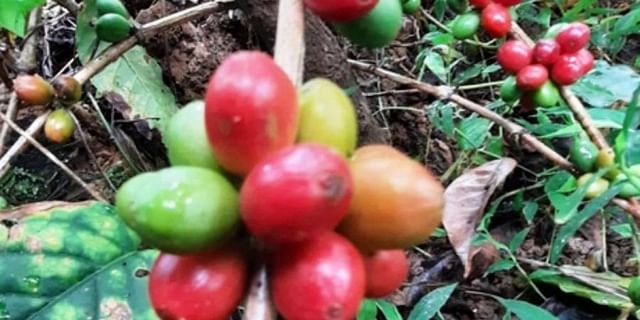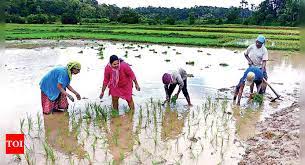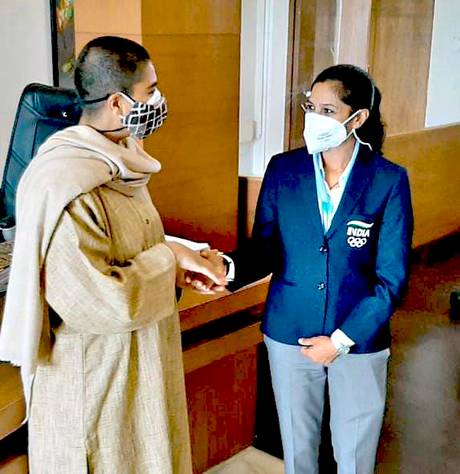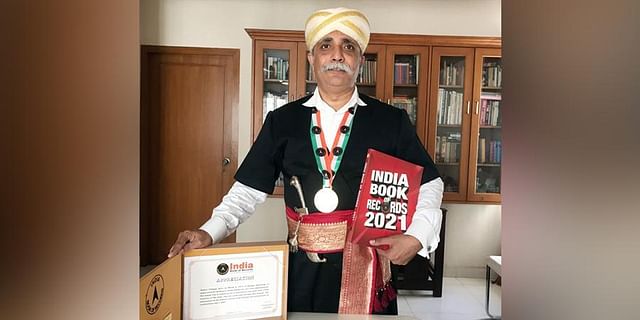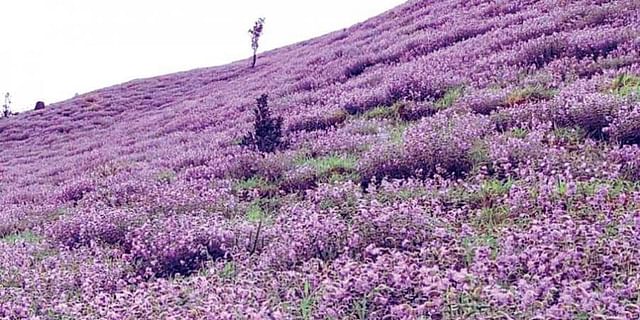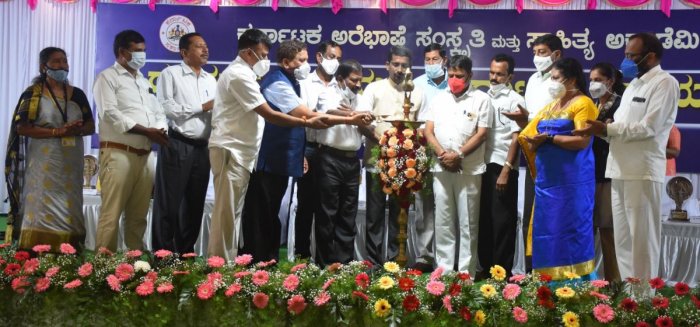Moving our way right across the country towards the west, we go to Coorg from Bengaluru.
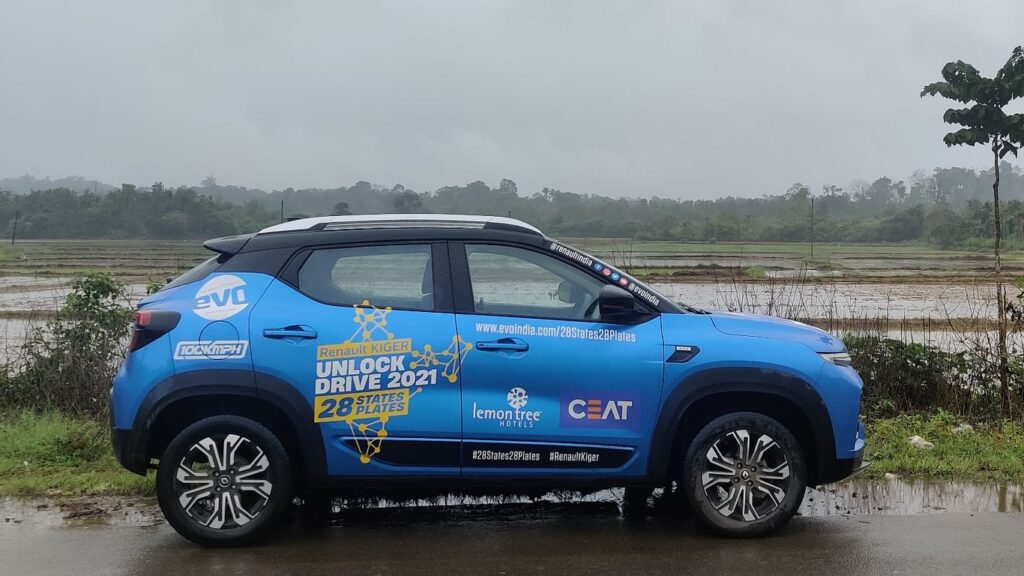
Day 22 of the #28States28Plates drive saw us leaving the hustle and bustle of Bengaluru city as we headed to a beautiful hilly region in Karnataka — Coorg. Also known as the Scotland of India, Coorg is famous for its coffee plantations, chilly climate and the amazing views.
There are three ways to get to Coorg from Bengaluru and because of our tight schedule, (the real reason was we just couldn’t wait to get there), we took the shortest route which passes through cities like Ramanagara (silk city) and Channapatna (city of toys). This highway is christened NH275, but the locals know it simply as Mysore road.
All the three routes from Bengaluru join-in at Mysore. It is to be noted that if you are taking the route we took, be ready to face a lot of diversions as some parts of this highway are still under construction.
After crossing Mysore, the road turned into a two-lane winding stretch of smooth tarmac with trees on both sides! It definitely was a sight to behold.
Now, our destination for the day was a town called Yevakapadi, situated in the hills of Coorg.
We reached there by lunchtime, at Bungalow 1934, where a friend of evo India, Amrith, had kindly invited us for lunch at his super famous estate — Bungalow 1934.
A place so pretty, a certain Gordon Ramsay chose to shoot his show Uncharted here!
We were in awe of the beautiful views from Amrith’s estate and just as we thought it couldn’t get better, Amrith set up a traditional Coorgi cuisine buffet for us. Pandi curry (pork stew), bamboo shoot curry, colocasia curry — a few of the dishes we enjoyed, along with a view to die for. To wash it all down was prepared-on-the-farm coffee liqueur and some bird’s eye chilli wine.
After that wonderful lunch, we headed to our abode for the night. King’s Cottage, a place situated just 15km from Amrith’s estate, but by the time we reached and rested for a bit, it was time for dinner time. So, the kind folks at King’s Cottage setup a much needed bonfire for us to enjoy our dinner. We were treated to simple but oh-so-delicious veg food with a view of the clouds, touched by bright moonlight, settling right in front of us in the valley. After chilling our bones to the cool blowing winds, we went straight to bed in our cozy little cottage.
This place was certainly a good detox from the city life and we loved it so much that we decided to take day 23 off for some rest.
Is Coorg a haven in the hills? We’d certainly say so!
Day 24 will see us reach the west coast of the country, Mangalore — via Kasargod.
source: http://www.evoindia.com / EvoIndia.com / Home/ by Team Evo India / August 22nd, 2021
